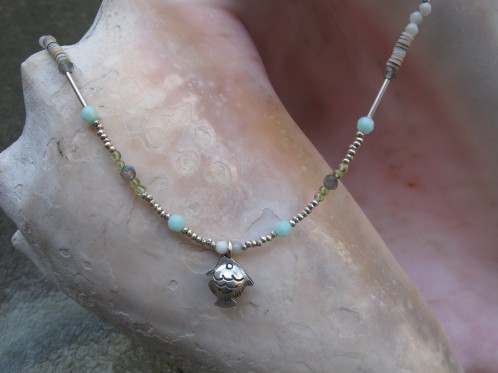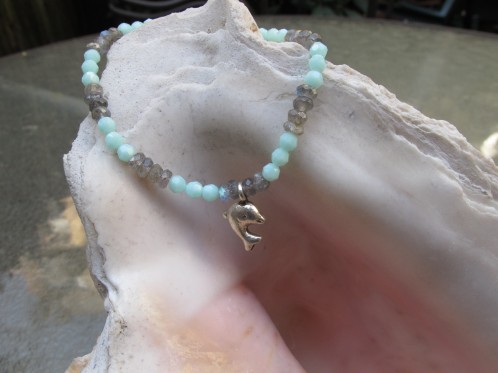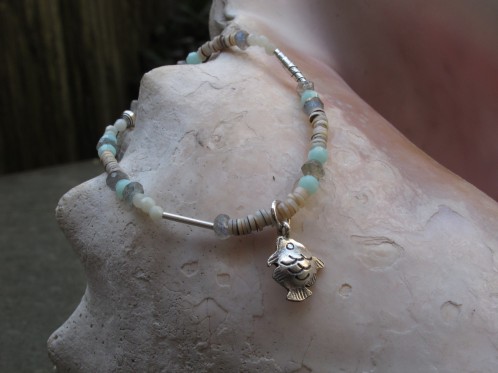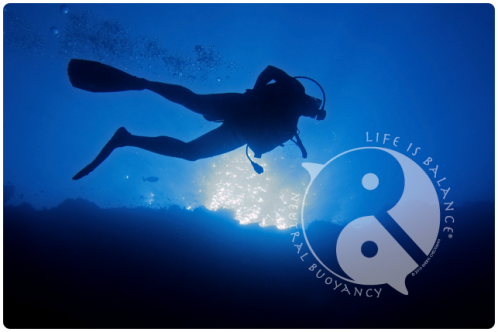![]()
Today’s blog installment is a guest post by a new diving friend from across the pond, Iain Sharp.
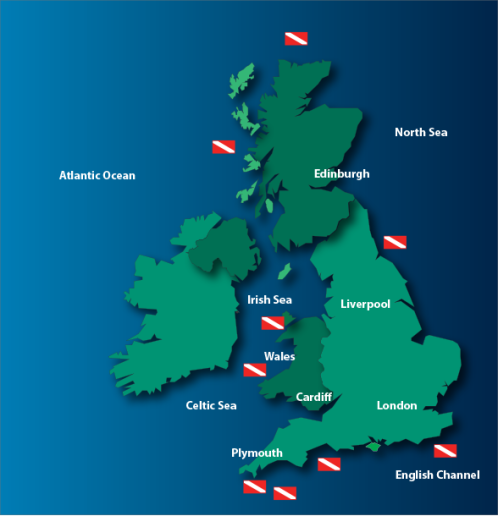
I have been following and tweeting with Sheryl for a little while now and I was delighted when, after learning of my desire to blog a little more, being given the honour to contribute to her pages too.
To give you some background, I am based in Northern England and a lot closer to the (old) York rather than the New York! I have been scuba diving for many years and given that in England you’re never more than about 80 miles from the sea in any direction, a lot of my diving has been around the waters of this island.
The way that many people learn to scuba dive here in the UK may be different to the way that many people learn elsewhere in the world. Whilst there are the ‘resort course’ people who learn intensively whilst on vacation at a foreign destination and dive stores who offer a range of courses from the likes of PADI and other organisations, many people learn to scuba dive in the UK through a club environment. Whilst both of the other methods are perfectly legitimate ways to learn to dive, I’d like to tell you a little more about learning with a club as it is probably not something that you’re overly familiar with.
The club will usually have a (swimming) pool session at local pool one evening a week and there is also a social meeting or gathering in that other great British institution, the pub, on a weekly basis too. Whilst the members all pay a fee in to the club, there is no profit taken from the organisation and in another Corinthian demonstration of commitment, the instructors that teach for the club don’t take payment for their skills either. Since no one is making a profit, many clubs can afford their own sets of equipment, so that you don’t have to go buy lots of expensive kit or invest the monies in to things like their own rigid inflatable boats (remember, not far to tow it to the sea either!)
Scuba diving in the UK can be a mirror for life in general. The clubs are great sources and exchanges of information. This avoids the making of mistakes yourself and the use of more experienced people for their guidance. Certainly in life, it is very difficult to succeed without the help of others and surprisingly, a lot of this information and guidance is available without huge cost. It is often available for free or certainly inexpensively. Furthermore, with modern communication methods like the internet, message boards and blogs there is no shortage of information or guidance ‘out there’.
Given that the British are supposed to be a sea-fairing nation, there is also no shortage of nautical advice available for divers, however the seas around the UK are notoriously fickle in places and many dives in the sea need careful planning.
Perhaps the first piece of planning, especially for those that experience their diving in more tropical climates, is dealing with the cold. The waters around Britain, even in the height of a warm Summer, rarely exceed the low 60s Deg.F and a drysuit is pretty much essential all the year around.
Tidal movement at some sites can also be quite fierce and knowledge of the tides and charts is also useful. Generally, for scuba, dives are aimed for ‘slack’ water when the tides is not moving and there is a small time window to take advantage of the lack of current. If this is missed, some sites become dangerous / un-diveable at the height of the tidal movement and sweeping an unwary diver several miles away, with the need for the involvement of the rescue services to assist them.
Again, there are parallels with life in general. Planning for the future is essential and whilst life in general does not have it down physical chart / map, there is certainly a sizeable amount of navigation to be undertaken and storms to be avoided. Much of the diving that is done around the UK is pre-planned and like icebergs, hitting the water safely and successfully is merely the part of the iceberg that shows above the water. The planning and organizational part, including the clear instructions to everyone in the team as to what is expected of them and where they need to be (often this is time-critical, given the tidal movement) is often done some days before the actual dive takes place. There are even times that due to the weather or other circumstances, when the safest way forward is to cancel plans and come back again another time and try them. It wasn’t a case that the plan itself was ‘wrong’ or not up to the task, but merely because of things beyond the control of everyone contrived to stop the successful execution of the plan. Diving in the UK requires a certain amount of pragmatism that should also be transferred to life in general!
I find scuba diving to be a great way of keeping my own life in balance. It nurtures the human spirit to explore and see what is out there and beyond. It is non-competitive, learning and often cathartic experience. It allows an all too brief observation and entry in to an alien world that is often so close to our very doorsteps. It also provides excellent exercise opportunities and is a great way of getting fitter. I also hope this blog has given you some ideas of how some of the skills used in successful scuba diving can also be used to enhance your wider life in general, bringing your success both above and below the waves.
Guest Contributer: Iain Sharp is a scuba instructor based in Northern England. Visit his website: www.fivemetrestop.com. You can find him on Facebook and follow him on Twitter: @FiveMetreStop.

